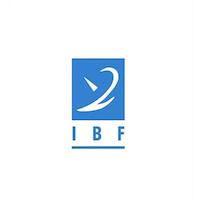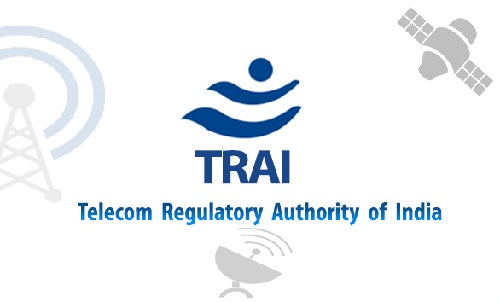The next hearing of the broadcasters’ reply to TRAI (The Telecom Regulatory Authority of India) in front of the Bombay High Court will be on 30 January since the Indian Broadcasting Foundation (IBF) and other petitioners have asked for some time to go through the Telecom Regulatory Authority of India‘s (TRAI) reply.
After the NTO (New Tariff Order) 2.0, the broadcasters as well as other members of IBF had moved to court challenging the TRAI’s amendments who defended its decision to curb excessive pricing by making broadcasters double the amount of channels offered in a certain fixed-price package and cap charges for additional channels, among other steps.
 The IBF along with Star India, ZEEL, TV18, Viacom18, Sony Pictures Networks India (SPNI), Zoom Entertainment and Film & Television Producers Guild of India had challenged the TRAI’s new amendments stating that they infringe on their fundamental rights.
The IBF along with Star India, ZEEL, TV18, Viacom18, Sony Pictures Networks India (SPNI), Zoom Entertainment and Film & Television Producers Guild of India had challenged the TRAI’s new amendments stating that they infringe on their fundamental rights.
The TRAI has filed a lengthy reply of 1,700 e-documents to the IBF and other broadcasters’ writ petitions, after the bench of Justice SC Dharmadhikari and Justice RI Chagla had directed TRAI to file a reply in one week on 14 January. The petitioners have been granted one week’s time to go through the reply and file a rejoinder if required. The bench had also refused to stay the amendments to the new regulatory framework.
Even though any interim relief has not been granted by the bench, there is an understanding that the TRAI may not take coercive action against the broadcasters since the matter is sub-judice. The broadcasters had to file modified reference interconnect offers (RIOs) by 15 January.
The broadcasters had sought a stay on the amended tariff order and regulations claiming that the TRAI sought to overhaul the entire method and manner in which broadcasters conduct their business. They also put forward that the broadcast industry was just adapting to the tariff order (NTO 1) which came into force in February 2019.
 The IBF and other petitioners have also contended that the broadcasters, on average had lost 50 per cent of the subscribers to whom their channels were reaching compared to the previous regime. This has impacted advertisement as well as the subscription revenue of the broadcasters.
The IBF and other petitioners have also contended that the broadcasters, on average had lost 50 per cent of the subscribers to whom their channels were reaching compared to the previous regime. This has impacted advertisement as well as the subscription revenue of the broadcasters.
Among the key amendments that the broadcasters have challenged include –
1) arbitrary reduction of MRP cap to Rs 12 from Rs 19
2) Imposition of twin conditions on bouquet pricing
3) restricting incentives only to a la carte. The amended tariff order and regulations come into force from 1 March.
It has also been stated that the recent amendments of TRAI has taken away the independence of the broadcasters to offer channels in a commercially viable manner through the bouquet and also compromise on the quality of content they’re creating. In fact, the reduced cap price is lower than the rate at which broadcasters offered their content in 2016.
The broadcasters also added that the distribution platform operators (DPOs) are being given further independence even as their freedom is being taken away. It has also been argued that the changes are bereft of any empirical data or evidence. The broadcasters have prayed for striking down the amended tariff order and regulations since they violate Article 14, Article 19(1)(a) and Article 19(1)(g).

